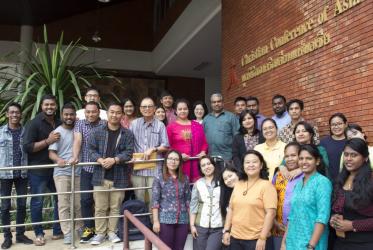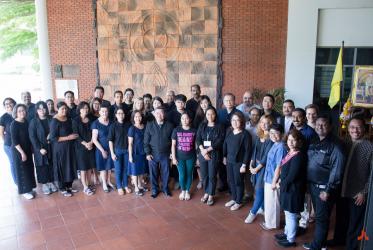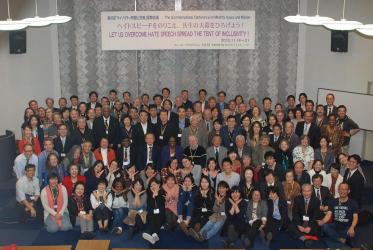Displaying 1 - 20 of 24
In a COVID-stricken world, “everyone is important”
23 October 2020
The cry of the Papuans in Indonesia
14 November 2019
Japanese churches discuss minority issues
01 December 2015
Land rights focus of panel discussion
17 November 2015
A humble man firmly rooted in faith
20 August 2015
Joint efforts to fight violence against children
18 June 2015
New UN document opens door for churches to do more for indigenous rights
23 September 2014










